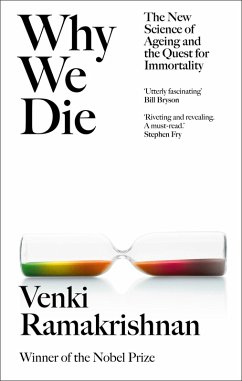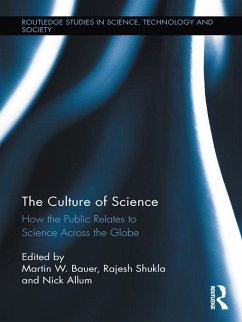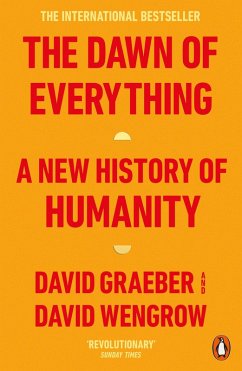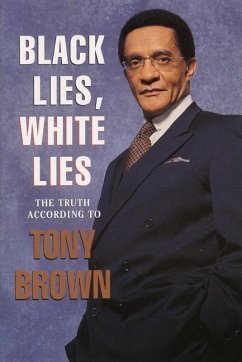
Smoother Pebbles (eBook, ePUB)
Essays in the Sociology of Science

PAYBACK Punkte
15 °P sammeln!
Until the middle of the twentieth century, few thought of science as a social system, instead seeing scientific discovery as the work of individual geniuses. Columbia University's Department of Sociology played a pivotal role in advancing the social study of science. Researchers of the "Columbia Program" analyzed how science works as a social institution, exploring its norms, values, and structure.Smoother Pebbles presents a collection of essays authored or coauthored by Jonathan R. Cole, a leading Columbia Program figure, that trace the development and institutionalization of the sociology of...
Until the middle of the twentieth century, few thought of science as a social system, instead seeing scientific discovery as the work of individual geniuses. Columbia University's Department of Sociology played a pivotal role in advancing the social study of science. Researchers of the "Columbia Program" analyzed how science works as a social institution, exploring its norms, values, and structure.
Smoother Pebbles presents a collection of essays authored or coauthored by Jonathan R. Cole, a leading Columbia Program figure, that trace the development and institutionalization of the sociology of science. Spanning from the 1960s to the 2020s and including both empirical and theoretical studies of science, the book is at once wide-ranging and united by core questions. Are scientists rewarded for the merits of their work or for other reasons? How does the system of social stratification in science operate? Has the funding of scientists been the result of an "old boys' network"? How fair is the peer review process? In what ways does science fall short of its universalistic ideals? What factors have constrained opportunities for women in science? How has science fared amid attacks on academic freedom and free inquiry at universities? Cole's introduction contextualizes both individual essays and the major concerns of the Columbia Program. Smoother Pebbles is essential reading for those interested in the growth and crucial questions of the sociology and social studies of science.
Smoother Pebbles presents a collection of essays authored or coauthored by Jonathan R. Cole, a leading Columbia Program figure, that trace the development and institutionalization of the sociology of science. Spanning from the 1960s to the 2020s and including both empirical and theoretical studies of science, the book is at once wide-ranging and united by core questions. Are scientists rewarded for the merits of their work or for other reasons? How does the system of social stratification in science operate? Has the funding of scientists been the result of an "old boys' network"? How fair is the peer review process? In what ways does science fall short of its universalistic ideals? What factors have constrained opportunities for women in science? How has science fared amid attacks on academic freedom and free inquiry at universities? Cole's introduction contextualizes both individual essays and the major concerns of the Columbia Program. Smoother Pebbles is essential reading for those interested in the growth and crucial questions of the sociology and social studies of science.
Dieser Download kann aus rechtlichen Gründen nur mit Rechnungsadresse in A, D ausgeliefert werden.












